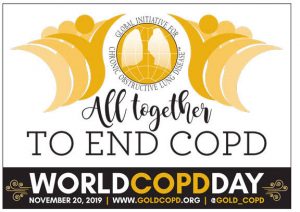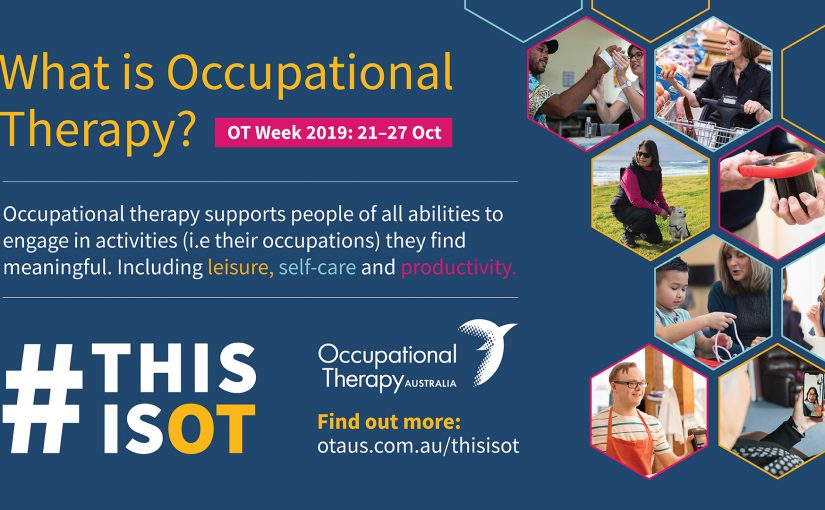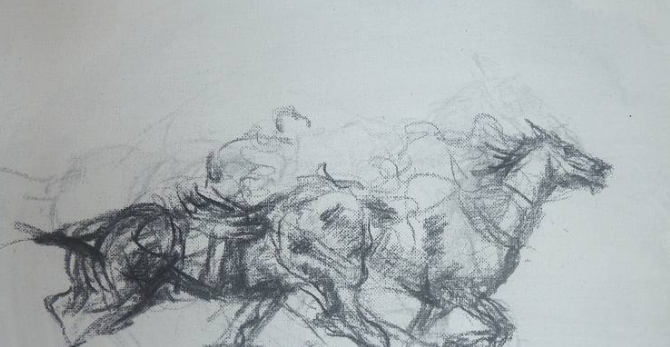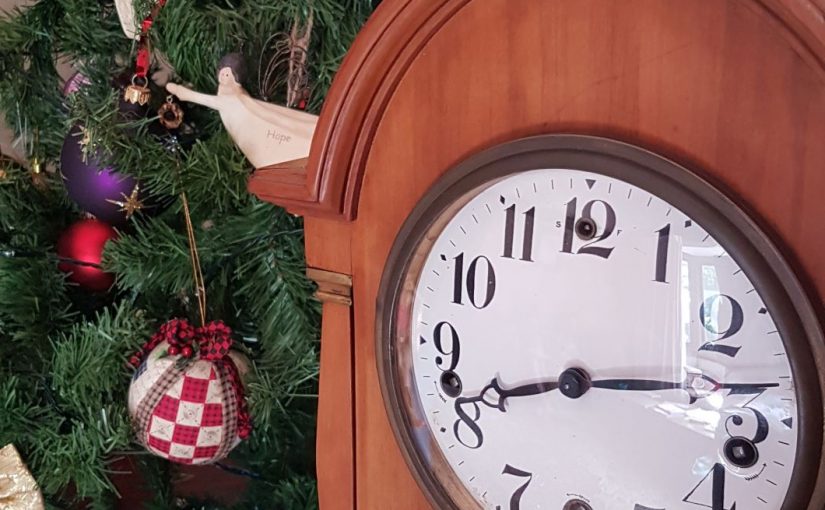On this day World COPD Day 2019, https://goldcopd.org/world-copd-day/ bringing awareness of COPD, it’s important to remember some key self management strategies that you need in the community to prevent unnecessary admissions and stay at home independently:
- COPD plans must be filled in by your allied health professional or GP to better understand how and when your medications are to be used and left where family/housemates are aware of your needs when you are too breathless to talk yourself.
- Correct inhaler device and spacer use means the medication is effectively going into your lungs and not lining your mouth and causing side effects such as thrush. Asthma relievers if used more than 2 in 7 days is not under control, please seek help from your GP or your breath management health professional.

- Breathing techniques that take the work out of breathing and reduce recovery times post activity keep you moving through the day for longer.
- Exercise is an important way of preventing deconditioning. Less exercise/ activity can lead to more breathlessness.
- Meaningful activity engagement whether it be household chores, hobbies or social engagement are important motivators that keep us moving.
- Use oxygen as prescribed – exertional oxygen during activity, nocturnal oxygen while sleeping or continuous long term oxygen for at least 18hrs.
- Bush fire smoke reduction – close doors and windows, air conditioning on recycle, rest and hydrate, avoid strenuous exercise, P2 respirator masks, emergency evacuation plan to reduce exposure.











